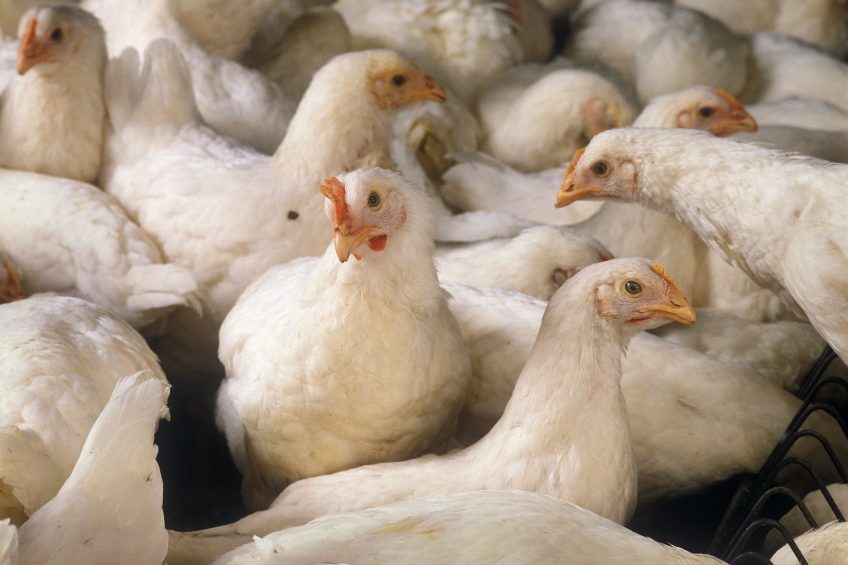UK chief vets: Prepare for winter bird flu threat

UK chief vets have stressed the need for poultry keepers to remain vigilant to the threat of bird flu and take action now to reduce their disease risk.
In a joint call to the sector, they urged producers to “get ahead of the game” and take simple steps to reduce the risk of disease within their flocks.
It comes ahead of the autumn migration of ducks and geese, which pose a disease threat to the sector. Last year, the H5N8 strain was found in 13 flocks in the UK and bird flu was recently confirmed in a dead mute swan in Norfolk.
The Government said it was working with groups including the NFU’s in England and Scotland, the Ulster Farmers Union, RSPCA, British Hen Welfare Trust and Poultry Club of Great Britain to highlight the importance of biosecurity.
It is particularly keen to get biosecurity messages across to backyard flock keepers as a case of bird flu in chickens in a garden has the same trade restrictions in areas as an outbreak on a commercial farm.
Nigel Gibbens, UK Chief Veterinary Officer, said: “While it is undoubtedly good news we haven’t confirmed a case in kept birds in the UK for two months, the disease remains a threat – particularly as we move again towards the colder months.
“For that reason, we cannot afford to rest on our laurels and I want to remind keepers of flocks large and small to do everything they can to reduce the risk to their birds.
“Simple actions you can take now, such as regularly cleaning and disinfecting the area where you keep your birds and signing up for disease alerts, could really help to reduce the risk of your birds becoming infected this winter,” he said.
Christianne Glossop, Welsh chief veterinary officer, added that keepers who were concerned about the health of their birds should seek advice from vets.
“If you suspect that your birds have AI, you should report it to your local Animal and Plant Health Agency office.”
Sheila Voas, Scottish chief veterinary officer, urged keepers to reduce contacts with wild birds, particularly on ponds.
She also urged people to sign up to the GB Poultry Register.
“One of the main challenges government faced during last year’s avian influenza outbreak was being able to contact bird keepers with small numbers of birds. To stay up to date with the latest situation I would encourage bird keepers…. to sign up for the Animal and Plant Health Agency free text alerts service.”
Among the simple biosecurity measures highlighted by the Chief Vets are:
• Keep the area where birds live clean and tidy, control rats and mice and regularly disinfect any hard surfaces.
• Place birds’ food and water in fully enclosed areas that are protected from wild birds, and remove any spilled feed regularly.
• Put fencing around outdoor areas where birds are allowed and limit their access to ponds or areas visited by wild waterfowl.













